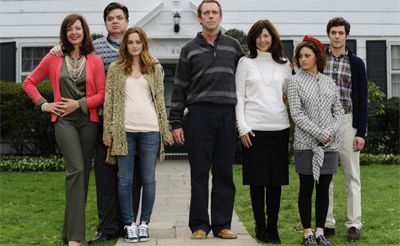The wonderful folks at the BBC have given me access to their BBC Global iPlayer for a month to give the service a go and trawl through the archives. Read my thoughts on the service here, but I thought I’d also take the opportunity to enjoy some of the fantastic content.
You’ve got the King against the Prime Minister, the Lords against the Commons. The bishops are in now, you’ve got “don’t blame the royals”, and – in particular – you’ve got Urquhart’s plan to bring down the monarchy for good and all. And they’ve all played the personal morality card. Every one of them. Which means, in my book, that everybody’s private life is now up for grabs. And I mean everybody’s!
– Sir Bruce Bullerby sums it up
The second part of the House of Cards trilogy has some fairly interesting subject matter. While Francis Urquharts Machiavellian rise to power was enough to ground the first four-part serial, it does occasionally feel like To Play The King has just a bit too much going on. Of course, Andrew Davies’ tight scripting ensures that all the necessary subplots are tidied up before we reach the end credits of the final episode, but things do occasionally feel just a little bit too packed. Still, it’s hard to blame a television show for having too much substance, and there’s a compelling issue at the heart of To Play The King, as novelist Michael Dodds takes the opportunity to explore Britain’s constitutional monarchy, and the possibility of friction that a proactive King might present.

A crowning accomplishment for the BBC?
Continue reading →
Filed under: Television | Tagged: bbc, Charles Prince of Wales, Chief Whip, christianity, David, Denis Thatcher, Francis Urquhart, god, Great Britain, Great Is the Lord, Holy Is the Lord, House of Cards, Ian Richardson, Iron Lady, king, King Jesus, margaret thatcher, meryl streep, Phyllida Lloyd, Praise and Worship, Religion and Spirituality, Scotland, Social work, stephen frears, To Play The King, Urquhart, Wales, Wisdom | 2 Comments »





























